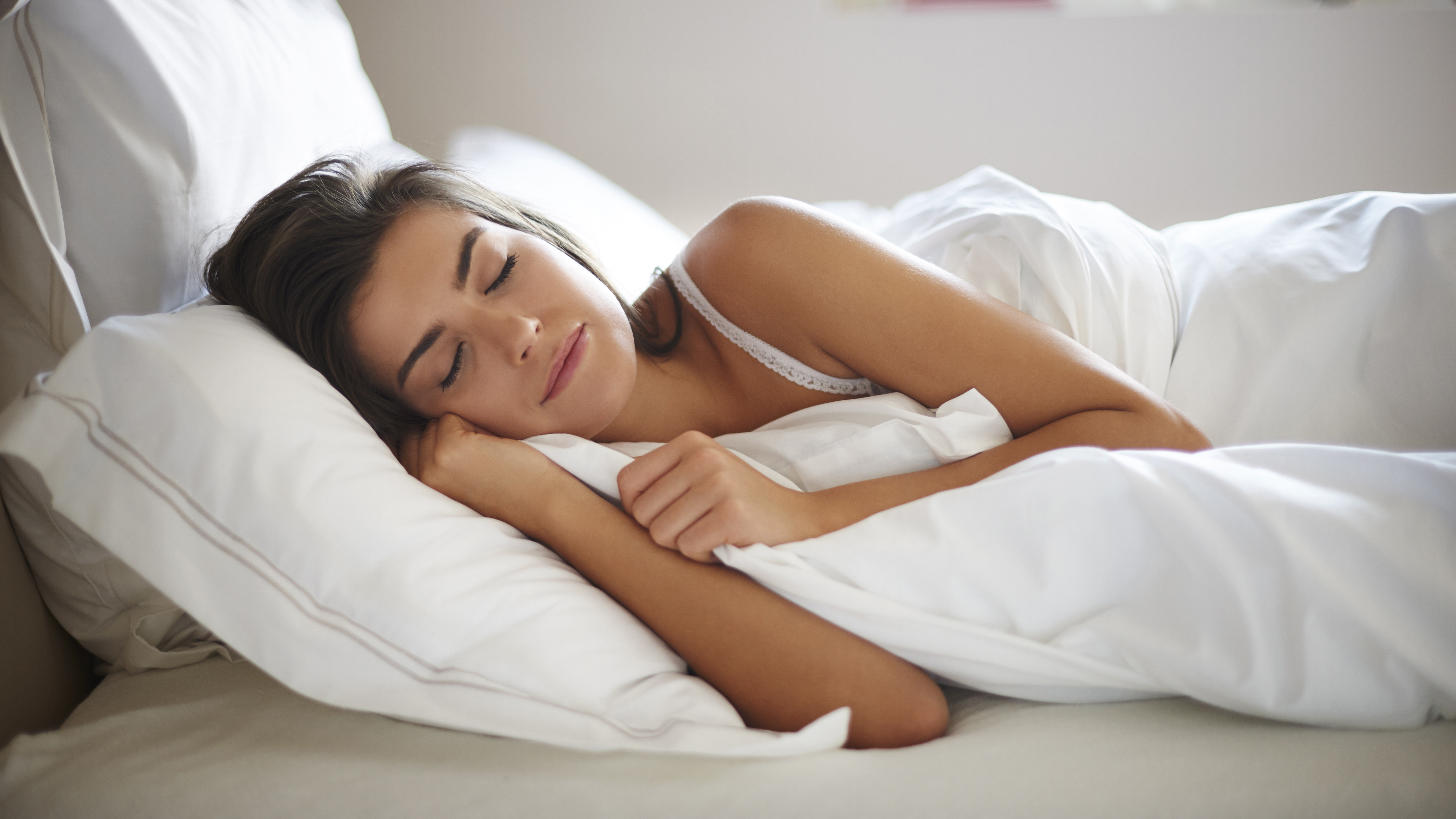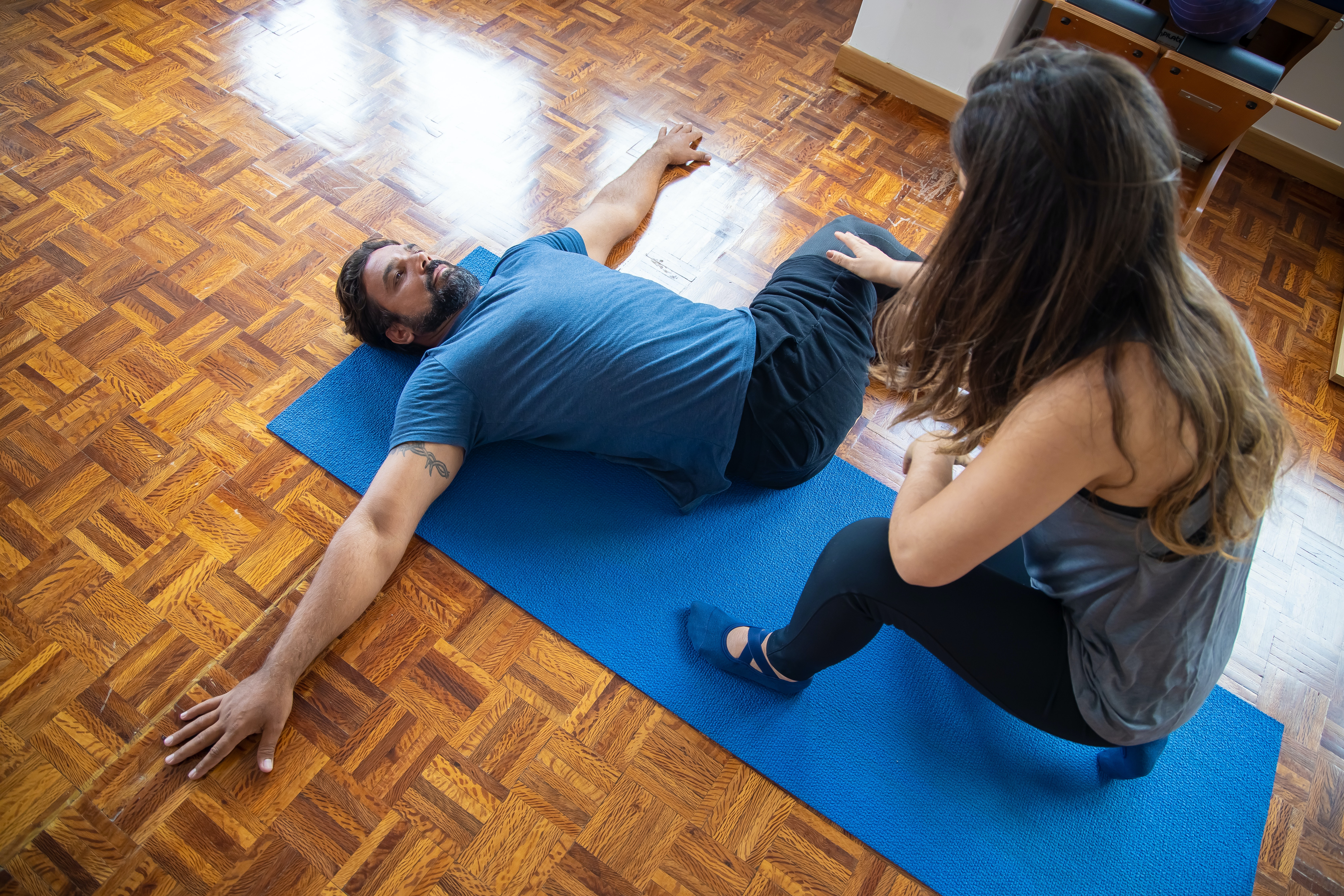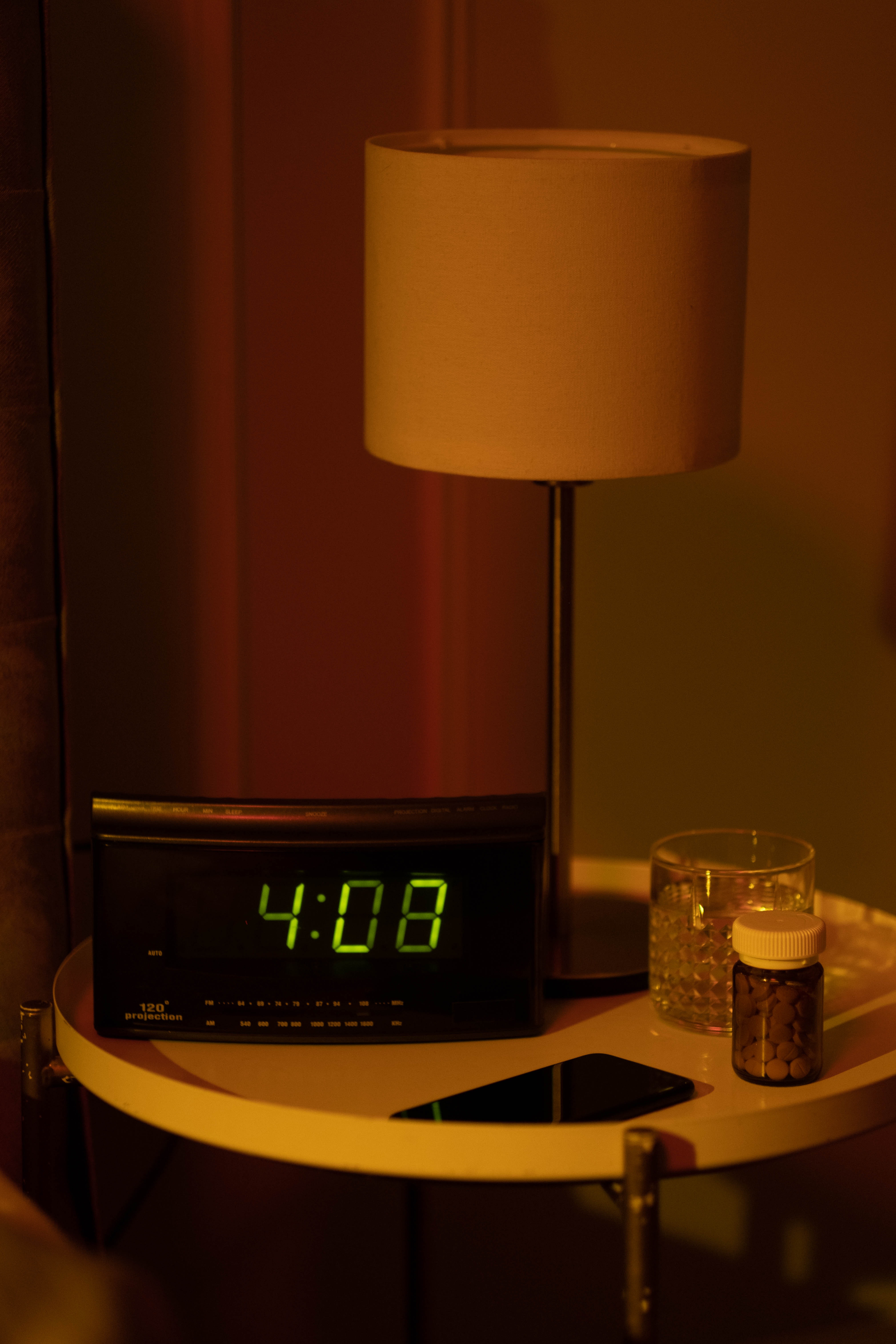
Insomnia is the most common sleep disorder according to UNAM, the Mexican Academy of Sleep Medicine reported that about 40 million Mexicans suffer from some type of sleep disorder. Dr. Reyes Haro mentioned in an interview that there are alterations that have to do with lifestyle and other physical ones; those that have to do with lifestyle do not require a very thorough evaluation, because it is enough to analyze their lifestyle; habits; substance use; if they snore; if they dream, an interrogation very complete it is known if the person has any disorder.
In his words: “the most complete evaluation requires a polysomnographic study, it is so called because it is the simultaneous study of different variables of our organism: how the brain works, how we move our eyes when we dream, muscle relaxation, breathing, heart, lungs, body temperature, everything this and other variables, snoring, oxygen levels, gas exchange, are analyzed in a sleep study.”

The following recommendations were provided by the Mexican Institute of Integral Sleep Medicine (IMMIS) in the interview with Dr. Reyes Haro; and they consist of 9 actions that we can all do to achieve a restorative sleep and good rest.
1. Exercise preferably in the morning according to age and physical condition.
2. Avoid going to bed during the day in order to make it easier to fall asleep at night.
3. Reduce the consumption of stimulants such as coffee, soft drinks and tobacco, especially in the next few hours of sleep.
4. Maintain regular bedtime and wake-up times within an 8-hour range every day of the week.

5. Reduce fluid intake 3 hours before bedtime and have a light dinner, avoiding greasy and irritating foods as much as possible (this will avoid having to get up to the bathroom).
6. Avoid activities in bed that increase alertness such as trying to sleep with the TV or radio on, reading, or working at the computer, as these activities delay the onset of sleep.
7. Identify the most comfortable way to sleep, always maintain the same posture to start sleep and return to it every time you wake up. Control your breathing and remember that it is normal to have several awakenings during the night, stay calm and avoid getting up to do any activity.
8. Removing watches from the bedroom, this measure is essential since people with insomnia develop dependence on the clock during the night, as it is seen at each awakening and this increases the feeling of being awake. It is very important to avoid seeing the time at night at all costs, it is a great help to properly use the alarm clock, it must be programmed at the desired time and placed under the bed or away from sight and get up until it rings.

9. If you live in a very noisy or bright area, the use of earplugs and dark eye masks reduce the perception of stimuli and help you sleep better.
Among the specialized clinics for the treatment of sleep disorders are: The Sleep Clinic of the National Autonomous University of Mexico, Clinic of Sleep Disorders UAM, Sleep Clinic Mexico City and Infra. “There are few but well-established clinics in our country,” said Dr. Reyes Haro.
KEEP READING:
Últimas Noticias
Debanhi Escobar: they secured the motel where she was found lifeless in a cistern

The oldest person in the world died at the age of 119

Macabre find in CDMX: they left a body bagged and tied in a taxi
The eagles of America will face Manchester City in a duel of legends. Here are the details

Why is it good to bring dogs out to know the world when they are puppies




